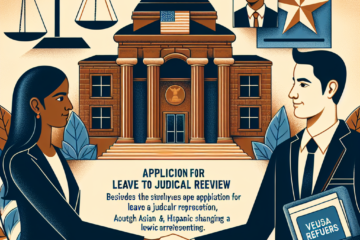Canadian Temporary Resident Visas (TRVs), also known as visitor visas, may get refused for a number of reasons. Some of the most common include:
- Lack of Travel History: If you don’t have a record of travel to other countries, the Canadian immigration officer may not be convinced that you are a genuine visitor who will leave Canada at the end of your visit.
- Insufficient Financial Support: You must show that you have enough money to cover your stay in Canada. If you can’t prove that you can support yourself (and any accompanying dependents) during your visit, your application might be refused.
- Ties to Home Country: The visa officer needs to be satisfied that you will return to your home country at the end of your visit. If you don’t have strong ties such as a job, family, or property in your home country, your application may be denied.
- Purpose of Visit: If your reason for visiting is not clear, the immigration officer may doubt the legitimacy of your application. Be sure to clearly outline your travel plans.
- Medical Inadmissibility: Applicants with certain health conditions that could pose risks to public health or cause excessive demand on Canada’s health or social services can be denied a visa.
- Criminality: Any past criminal activity, no matter where it occurred, can lead to your visa being denied.
- Misrepresentation on Application: Any discrepancies or false statements on your application can result in a refusal. Always be honest and accurate in your visa application.
- Inadequate Documentation: Not submitting the required documents or not following the correct procedures can result in your visa application being denied.
- Past Immigration Violations: If you have overstayed a visa in Canada or other countries, or violated the terms of your admission, this could affect your current application.
It’s worth noting that every application is unique and is evaluated on its own merits, so these are only general reasons for refusal. For a specific case, consulting with an immigration expert or lawyer can provide more personalized advice.



0 Comments